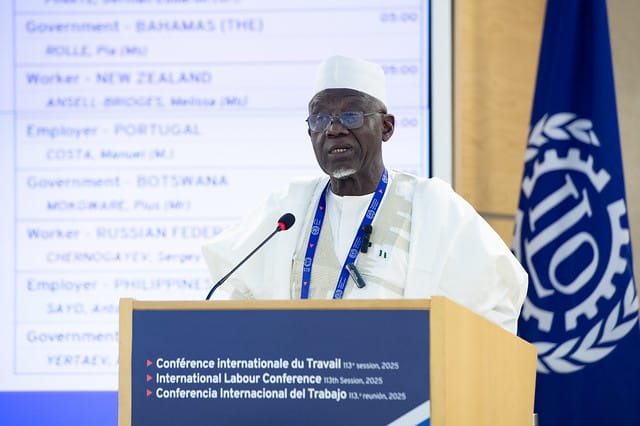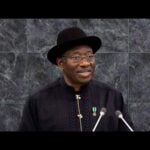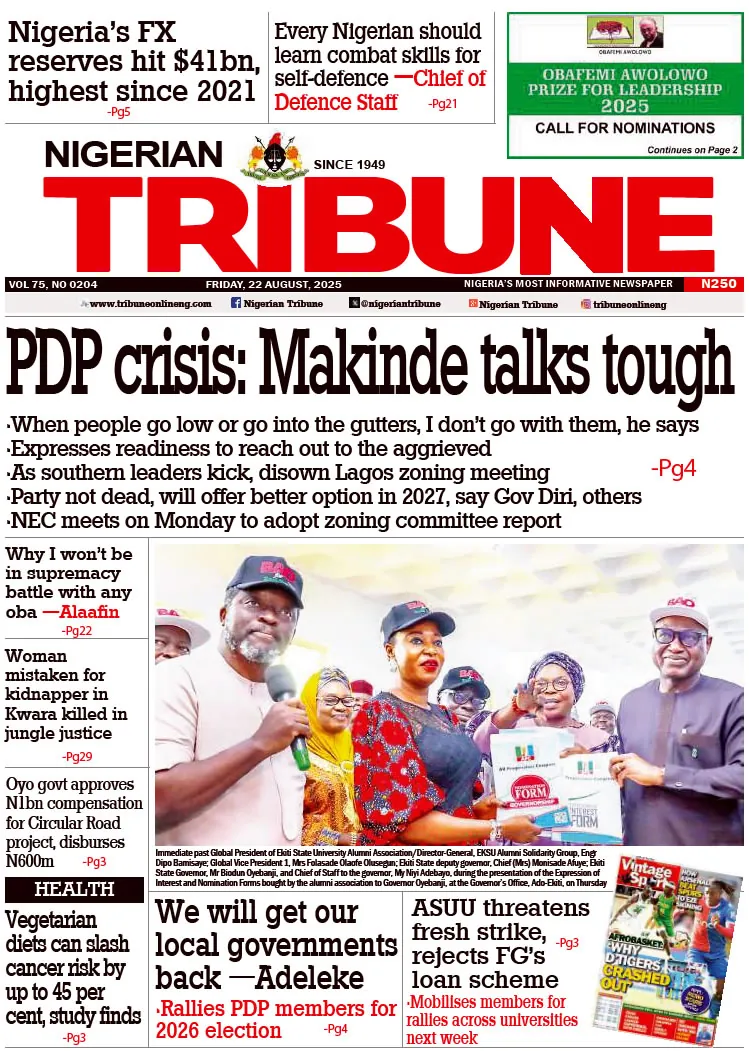The Minister of Labour and Employment, Dr Muhammad Maigari Dingyadi, has defended President Bola Ahmed Tinubu’s administration’s labour and economic policies at the ongoing 113th Session of the International Labour Conference (ILC) in Geneva.
Speaking in response to the International Labour Organization (ILO) Director-General’s report titled “Jobs, Rights and Growth: Reinforcing the Connection”, Dr Dingyadi expressed Nigeria’s full alignment with the global push for social justice, inclusive growth, and decent work.
“Nigeria shares the ILO’s vision of a just transition,” Dr Dingyadi declared, “and acknowledges that sustainable development hinges on inclusive economic growth, fair labour practices, and robust democratic institutions.”
The Minister said the Renewed Hope Agenda of President Bola Ahmed Tinubu is Nigeria’s national blueprint for social and economic transformation — a framework he described as being in synergy with the ILO’s objectives.
“This Agenda is hinged on attaining job creation, inclusiveness, food security, poverty eradication, economic growth, access to capital, and the fight against corruption,” Dingyadi said. “These priorities aim at building a more just and equitable society as well as laying a springboard for international integration.”
Highlighting Nigeria’s commitment to advancing social justice, the Minister announced that the country has formally joined the ILO’s Global Coalition for Social Justice, describing it as a significant step toward creating an equitable society for all.
One of the major milestones, he noted, was the approval of a new National Minimum Wage in July 2024, which was achieved through a collective bargaining process.
“It is part of our broader strategy for economic fairness, fair distribution of economic gains, and decent work,” he explained.
On the pressing global challenge of child labour, Dingyadi reaffirmed Nigeria’s position as a Pathfinder Country under the Alliance 8.7, adding that the country is “reviewing national legislation, building capacities of partners, strengthening institutions, and implementing community-based programmes to rescue and rehabilitate vulnerable children.”
With over 60% of Nigeria’s labour force engaged in the informal economy, Dr Dingyadi said the government is rolling out targeted reforms, including MSME support programmes, tax reforms, and digital registration drives aimed at bringing informal businesses into the formal sector.
He revealed that the Federal Government has also reviewed the National Employment Policy to support decent work initiatives across all sectors.
In preparation for the digital future of work, Nigeria has made significant investments in ICT training and digital infrastructure, the Minister said. Citing the National Digital Literacy Framework, he noted that youth and workers are being equipped for jobs of the future.
ALSO READ: Future of Africa’s agriculture hinges on emerging technologies — Jonathan
“Nigeria is persuaded that tripartism is an essential principle for lasting industrial peace and harmony,” he said. “We have institutionalized mechanisms for collective bargaining and regular consultations among constituents.”
Dr Dingyadi concluded his address with a strong appeal for global cooperation to tackle inequalities, climate change, technological disruptions, insecurity, and governance challenges.
“We must collectively resolve to chart a pathway towards an inclusive, equitable, resilient, productive and sustainable world for generations to come,” he said.
ALSO READ TOP STORIES FROM NIGERIAN TRIBUNE
WATCH TOP VIDEOS FROM NIGERIAN TRIBUNE TV
- Let’s Talk About SELF-AWARENESS
- Is Your Confidence Mistaken for Pride? Let’s talk about it
- Is Etiquette About Perfection…Or Just Not Being Rude?
- Top Psychologist Reveal 3 Signs You’re Struggling With Imposter Syndrome
- Do You Pick Up Work-Related Calls at Midnight or Never? Let’s Talk About Boundaries







